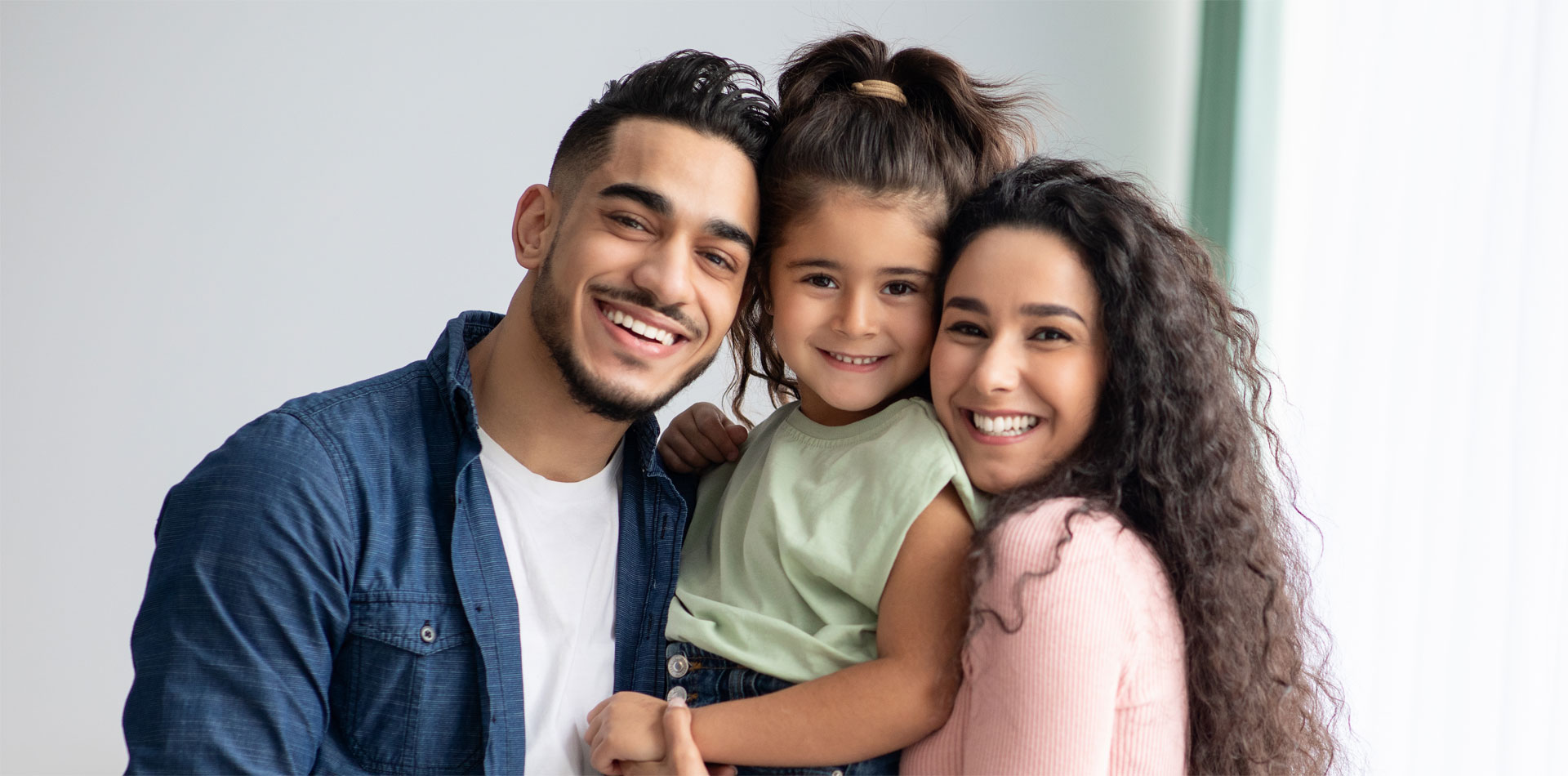About FAST-LC
The Administration for Children and Families (ACF), Office of Family Assistance (OFA), in partnership with the Children’s Bureau (CB), developed a Temporary Assistance for Needy Families (TANF)-Child Welfare Learning Community focused on preventing family involvement in the child welfare system through developing, implementing, and enhancing TANF-Child Welfare partnerships and innovations. This “Families Are Stronger Together: TANF & Child Welfare Partnering for Prevention Learning Community (FAST-LC)” was a one-year initiative that involved eight state and two tribal TANF-Child Welfare partnerships. The FAST-LC launched in September 2023, hosted its Initial Convening in October, and concluded in September 2024 with a Capstone Meeting.
OFA selected 10 tribal and state TANF and Child Welfare agencies to participate in the FAST-LC:

- Chippewa Cree Tribe of the Rocky Boy’s Reservation (Montana)
- Pascua Yaqui Tribe (Arizona)
- Arizona Department of Child Safety/Department of Economic Security (DCS/DES)
- Arkansas Department of Human Services (DHS)
- California Department of Social Services (DSS)
- Iowa Department of Health and Human Services (DHHS)
- Kentucky Department for Community Based Services (DCBS)
- Michigan Department of Health and Human Services (DHHS)
- Oregon Department of Human Services (DHS)
- West Virginia Department of Health and Human Resources (DHHR)
All the FAST-LC sites actively rethought and reimagined how their TANF and Child Welfare programs could collaborate and develop innovative policies, programming, and practice models that center on economically stabilizing families and improving outcomes for children. These FAST-LC sites were a part of a collaborative network of peers that actively participated in monthly collective technical assistance sessions and learning activities; worked meaningfully with their dedicated team coaches to advance their initiatives; and received individual technical assistance from varied subject matter experts to support them in both process and issue specific topics to advance their change agendas. This learning community helped build the cross-agency site teams’ capacities to effectively design and develop prevention strategies to economically support TANF families, and to create sustainable programs and practices that address the needs of their TANF families and avert Child Welfare involvement.
ACF has a long and rich history of sponsoring Learning Communities (formerly known as Policy Academies) designed to catalyze TANF program innovation and improvement on topics and practices of importance to the federal government and the field. Prior to the FAST-LC, ACF sponsored the “Leveraging America’s Social and Economic Resilience” TANF Learning Community (LASER TLC) which involved six state, three tribal, and two county teams working together to advance program improvement strategies in response to the lessons learned from the COVID-19 pandemic. You can learn more about the 2021-2023 LASER TLC in the resource library.
Achieving the intent of the FAST-LC was predicated upon designing and implementing a training and technical assistance (TTA) strategy. The TTA strategy for the FAST-LC, like previous OFA Learning Communities, was centered on the goals and needs of the sites themselves. The TTA had to be responsive to where sites were and what would most help them to advance their change. The TTA focused on both content and process—that is, the knowledge and information site teams needed regarding key topics and issues as well as guidance on how to conduct change, forge effective partnerships, conduct pilots, and foster sustainability and replicability of their initiatives. Site TTA needs were identified through multiple methods of input and on an ongoing basis throughout the life of the learning community. The following resources are organized by TA event, beginning with the initial convening held in October and spanning to the products and journeys of each participating site.